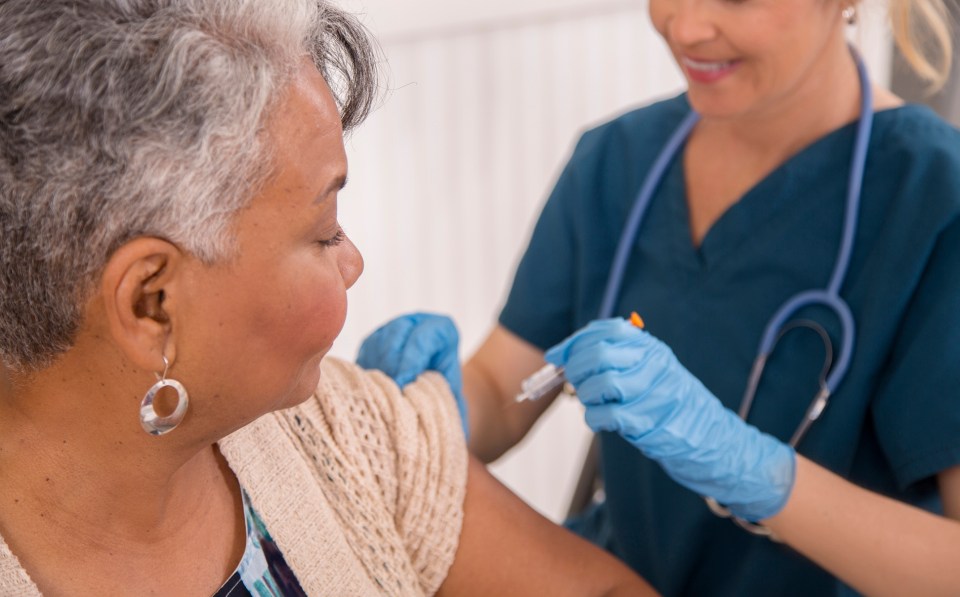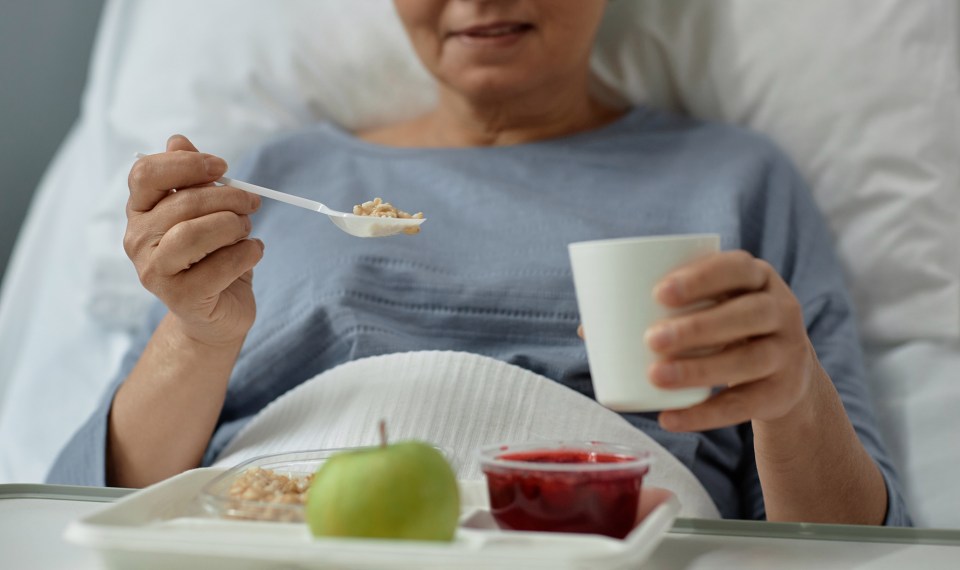We’ve all experienced that after-Thanksgiving rush of shopping, baking, planning and traveling that create added stress this time of year. All of these factors can add up and create a stress-filled holiday season.
In the midst of all the craziness, it’s important to continue taking time to prioritize your physical and emotional health. See below for some tips on ways you can take care of yourself and reduce stress during the holidays.
Take Care of Your Body
Holiday stress (good or bad) can take a toll on our physical health. Overindulging during gatherings and over exhaustion from all the festivities can leave us feeling tired and physically depleted, making it more important than ever to focus on your physical health.
Get Plenty of Rest
Don’t let the additional chores or obligations get in the way of much needed rest. Sleep deprivation, even if it’s due to joyous activities, can trigger anxiety and depression. Be aware that fatty foods, carbohydrates and alcohol can negatively impact your sleep.
Incorporate Healthy Snacks
Have a healthy snack before sitting down to a holiday meal. This will help you resist the urge to go overboard with sweets and alcohol.
Keep Up with Your Exercise Routine
It’s easy to use holiday activities as an excuse to avoid exercise. Keep in mind that exercise helps release tension, elevates mood and contributes to a good night’s sleep.
Take Care of Your Mind
The holidays often elicit a wide spectrum of emotions: from joy to sadness and, for some, even despair. Processing and understanding the multitude of conflicting thoughts and feelings during this unique holiday season begins with taking care of your mind.
Schedule Quiet Time
Put quiet time on your daily calendar to give your brain a chance to rest. This includes taking a break from social media, television or other auditory/visual stimuli.
Practice Daily Meditation or Breathing
Carve out five minutes each day to take deep, relaxing breaths. Focus on relaxing muscle tension that can build in your neck and back. At the same time, add some meditation and focus on positive thoughts or affirmations.
Acknowledge Your Feelings
It’s ok to feel sad, disappointed or anxious during the holidays. You may need to accept that this holiday isn’t going to go as planned and will not be perfect this year. Talk about it with friends or colleagues – sharing your feelings can do wonders at cultivating a realistic perspective and peace of mind.
Be Generous to Others
This is not generosity in the sense of buying expensive gifts, but rather generosity in the form of showering others with positive comments and compliments. Making this a daily practice will help you become generous and kind to yourself.
Take Control
With all the fast-paced holiday activities and a global pandemic swirling around us, it’s easy to feel like everything is out of control. While we can’t always control the whirlwind that surrounds us, we can gain a sense of self-control through mindful action.
Learn to Say No
Accepting additional responsibilities can be fun during the holidays. However, many people accept these responsibilities out of obligation, which brings added stress and anxiety. It’s ok to say no – this will help you feel in control and reduce anxiety.
Plan in Advance
Set aside time for holiday activities, like gatherings or shopping, and put them on the calendar. This can help you recognize how full your plate is and help you avoid committing to activities that may add to your already full schedule.
Stick to a Budget
Plan a spending budget for the holidays and carefully list in advance how much you want to spend on each individual. Avoid the temptation to impulse shop as this can increase stress regarding finances.
Despite your best efforts, you may still find yourself feeling persistently sad, anxious, unable to sleep, irritable or hopeless. If these feelings last for a while and begin to impact your daily activities, schedule time to talk to your physician or a mental health professional.
The content of this site is for informational purposes only and should not be taken as professional medical advice. Always seek the advice of your physician or other qualified healthcare provider with any questions you may have regarding any medical conditions or treatments.



